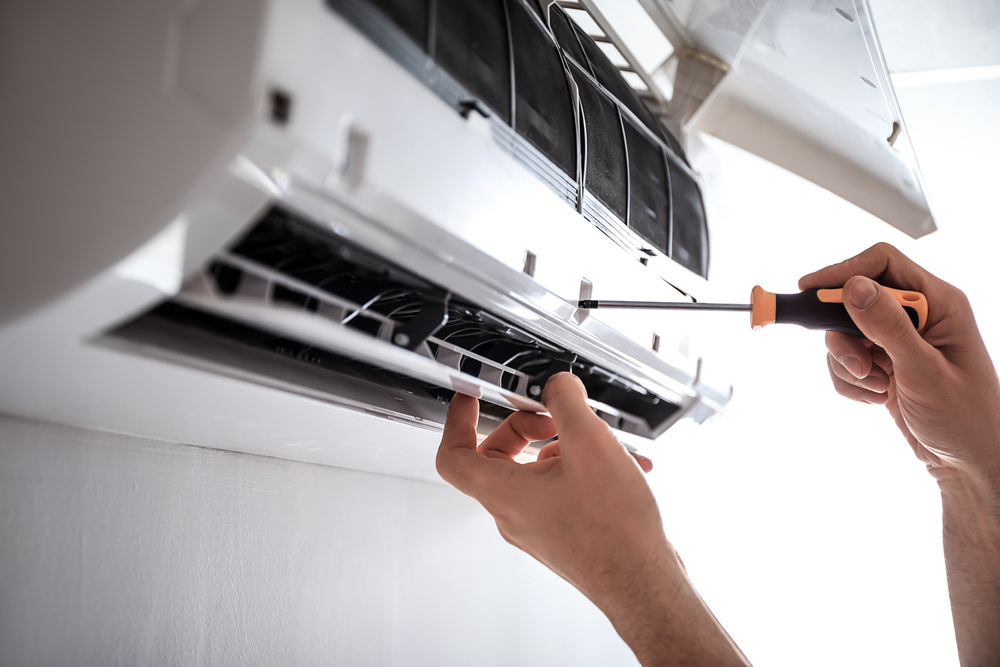Call or Text
801-438-4793Knowing When to Repair or Replace Your A/C
April 17, 2014
Air conditioning systems tend to malfunction and slow down around the 10 year mark. If you have an a/c unit that is 7 or more years old, you may need to think about replacement. Air conditioner repair can be expensive depending on the nature of the repair. If the unit is newer or there is a relatively simple problem like a bad fan belt, repair is likely the best option. The important thing is knowing when repair is the ideal option and when you should simply replace the unit entirely. Sometimes the problem with the unit is not as dire as it initially appears, so here are a few things to consider regarding whether to repair or replace and a/c.
Assess Your Home’s Insulation
A poorly insulated home and a home with crack and gaps allowing cold air out will cause your air conditioner to work harder to cool. Before rushing to repair or replace the unit, first check out your home for inefficiencies. Even things like single pane windows and a lack of weatherstripping along doorways can cause your home to lose cool air and strain the a/c. Addressing these issues can lower your energy costs and maybe extend the life of the air conditioner. Additionally, making upgrades to insulation in the home can make you eligible for tax credits for energy improvements.
Inspect the Mechanics and Ductwork
Repairing your a/c may be the better option when there are mechanical deficiencies or problems with ductwork delivering cold air. If you have a newer unit or just don’t want to make the investment in a new unit, have a technician do a duct-leak test. This should be done before considering replacing the condenser or the blower unit. A duct-leak test will involve sealing vents and measuring how much air escapes. Any inefficient ducts can be sealed or the ductwork can be replaced altogether. The problem may not reside with the mechanics of the unit at all, so look to the air delivery system in your home first.
Monitor the A/C’s Efficiency
Old air conditioners can consume more energy than newer models in part because of the changes in the Seasonal Energy Efficiency Ratio. This dictates the amount of energy needed to provide a specific energy output. Currently, the federal minimum standard is 13 SEER. This means that units just a few years old may be consuming 30% more energy than newer units. Upgrading to a newer, more energy efficient unit can set you back a few thousand dollars, but the long term energy savings plus a potential tax credit for your home can offset the initial cost. Depending on how much you run the a/c and your average energy costs in the summer, you may stand to save some money by upgrading to a newer, more efficient a/c unit.
Recent News
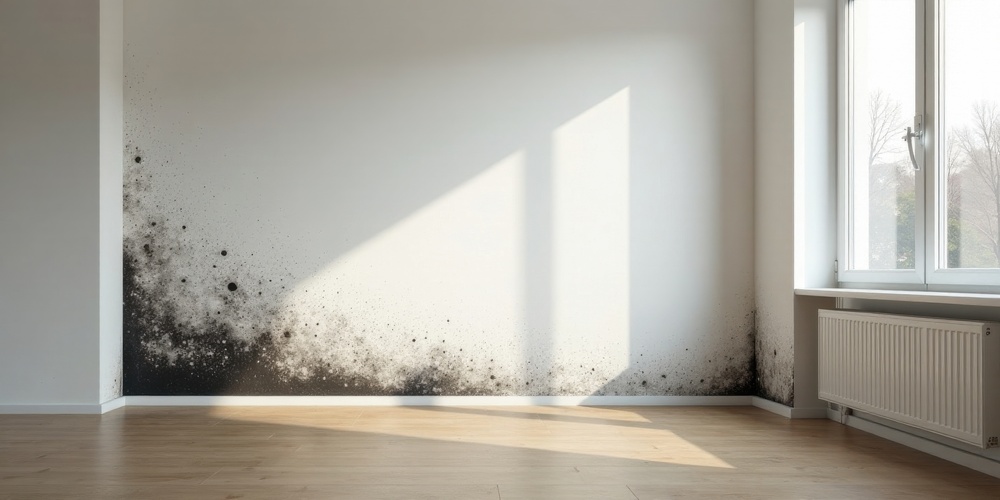
How to Prevent Mold in a Utah Home After Plumbing Repairs
September 11, 2025
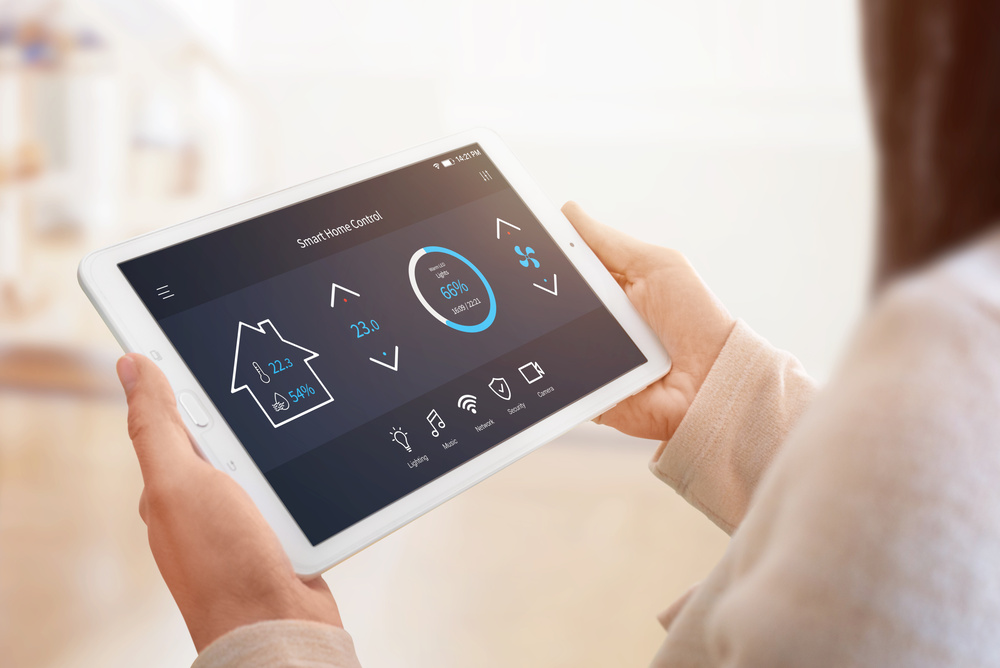
A Utah Homeowners’ Guide to Smart Thermostats
September 10, 2025
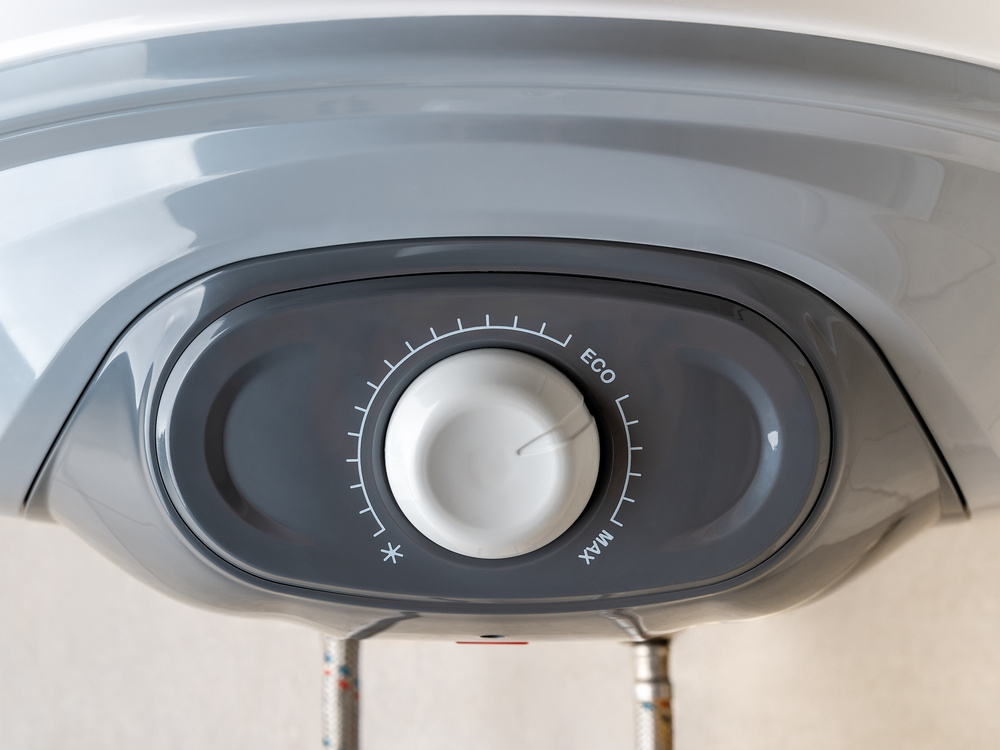
My Water Heater’s ECO Switch Keeps Tripping – What Does It Mean?
August 21, 2025

Calling a Contractor for HVAC Services Shouldn’t Be a Nightmare
August 20, 2025

7 Hidden Fittings That Make Your Plumbing Work
July 21, 2025
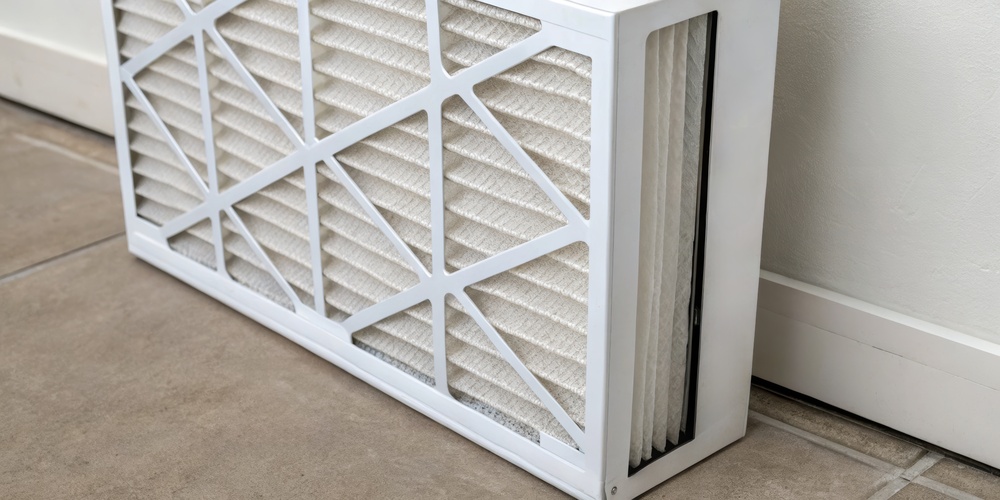
Never Underestimate the Value of Your Furnace and AC Filter
June 25, 2025
